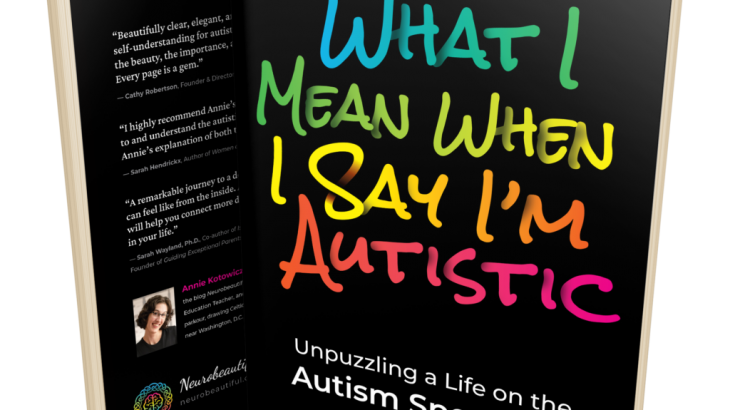
Does Audio-Assisted Reading Help Dyslexic Students? Audio-assisted reading refers to reading text silently while hearing it read aloud. Hearing and seeing the words at the same time is the key. Research on audio-assisted reading shows widely different results. Some research shows that audio-assisted reading does not improve comprehension or retention of information by dyslexic students. […]








